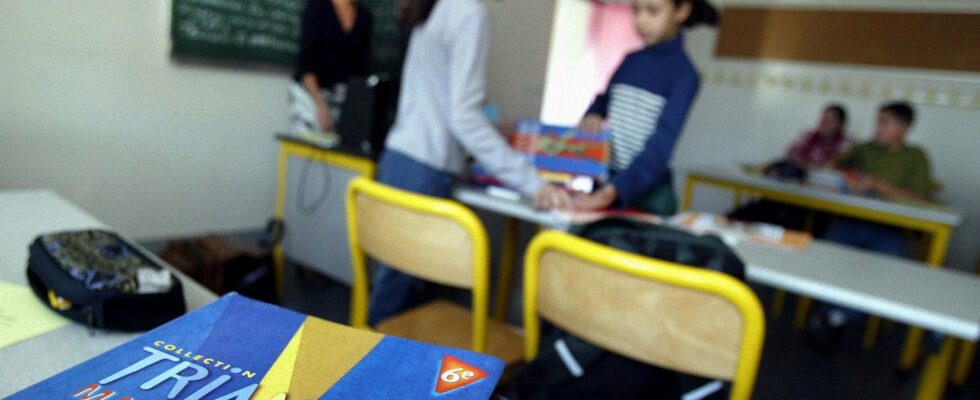Knowing that girls’ brains are equal to boys’, how can we explain the differences in mathematics results from early grades? This is a problem that researchers are having difficulty solving. According to the latest international Timss 2023 survey, France displays the most worrying score of the European Union and OECD countries: In CM1, the gap between boys and girls in mathematics is now 23 points, compared to 13 in 2019 (the former progressed by 5 points, while the latter fell by 5 points). During the kindergarten years, school teachers do not notice any notable differences. It is mid-CP that the phenomenon appears and, at the start of CE1, the difference is even clearer. On the cerebral level, however, nothing tends to explain this discrepancy. All studies show that children have the same learning abilities regardless of their gender.
Investigations are underway to try to unravel this mystery and several hypotheses are circulating: in kindergarten, children are introduced to mathematics mainly in the form of games. But from elementary school onwards, the fact that learning takes place in a more formal way could generate inhibitions in girls who gradually integrate this false idea that they are “not made for science”. The other bias could also come from the way teachers, potentially influenced by gender stereotypes, interact with and evaluate students. Finally, parents, and society in general, also tend to associate mathematics with male success.
The sooner these gaps widen, the more complicated it is to rectify the situation. Ultimately, these differences in trajectory have an impact on higher education. Engineering schools, which are struggling to attract candidates in general, and even more so young women, are watching this development with concern. How can we respond to future economic challenges with such a shortage of specialists? Making teachers aware of this pitfall from their training is one of the solutions put forward. The other key is to make mathematics much more attractive for everyone. Because this is another worrying lesson from Timss 2023: the more French students progress in their schooling, the more the image they have of this discipline deteriorates. One more puzzle equation.
